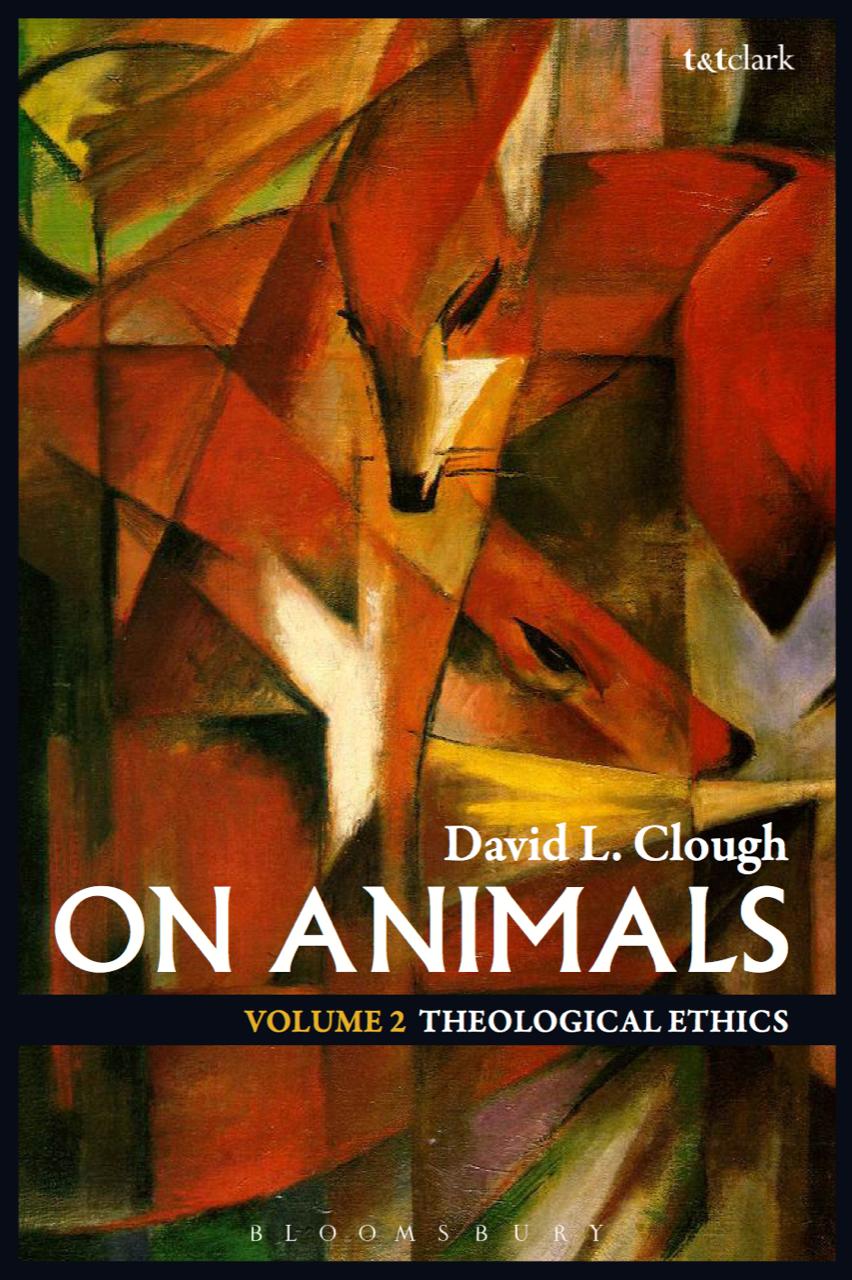David L. Clough, Ph.D.: The Challenge of Christian Animal Ethics
Tuesday, Feb. 12, 2019
What does Christian faith mean for how we treat animals?
Join David Clough, Ph.D., on this stop of his North American speaking tour in support of his groundbreaking two-volume work, On Animals. Dr. Clough's visit is made possible through a collaboration between CreatureKind and the Institute of Mennonite Studies.
Events
Chapel: “Finding Our Place in God’s World”
AMBS Chapel of the Sermon on the Mount
Tuesday, Feb. 12, 11:45 a.m. – 12:15 p.m.
Free and open to the public.
Conversation with Dr. Clough
AMBS Waltner Hall Lounge
Tuesday, Feb. 12 – Immediately following worship
Free and open to the public. Simple vegan foods will be provided.
About Dr. Clough
 David L. Clough, Ph.D., is Professor of Theological Ethics at the University of Chester, U.K., and has just finished a term as President of the Society for the Study of Christian Ethics. He co-wrote Faith and Force: A Christian Debate about War (2007), debating just war and pacifism in a 21st-century context, and has recently completed the landmark two-volume monograph, On Animals (2012, 2018), on the place of animals in Christian theology and ethics. He is the founder of CreatureKind, a project aiming to engage Christians with farmed animal welfare, and Principal Investigator for a three-year U.K. Research Council-funded project on the Christian Ethics of Farmed Animal Welfare in partnership with major U.K. churches and Compassion in World Farming. He is a Methodist lay preacher and has represented the Methodist Church on national ecumenical working groups on the ethics of warfare and climate change.
David L. Clough, Ph.D., is Professor of Theological Ethics at the University of Chester, U.K., and has just finished a term as President of the Society for the Study of Christian Ethics. He co-wrote Faith and Force: A Christian Debate about War (2007), debating just war and pacifism in a 21st-century context, and has recently completed the landmark two-volume monograph, On Animals (2012, 2018), on the place of animals in Christian theology and ethics. He is the founder of CreatureKind, a project aiming to engage Christians with farmed animal welfare, and Principal Investigator for a three-year U.K. Research Council-funded project on the Christian Ethics of Farmed Animal Welfare in partnership with major U.K. churches and Compassion in World Farming. He is a Methodist lay preacher and has represented the Methodist Church on national ecumenical working groups on the ethics of warfare and climate change.

“A redefining moment for how we should teach theology ... and live with our animal kin.” — Willie Jennings, Yale Divinity School
“Remarkable and invaluable.” — Carol J. Adams
“‘The most significant Christian theological and ethical treatment of animals in the history of Christian ethics’ that will have a ‘revolutionary impact on lived Christian behavior.’” — David Gushee, MacAfee School of Theology
